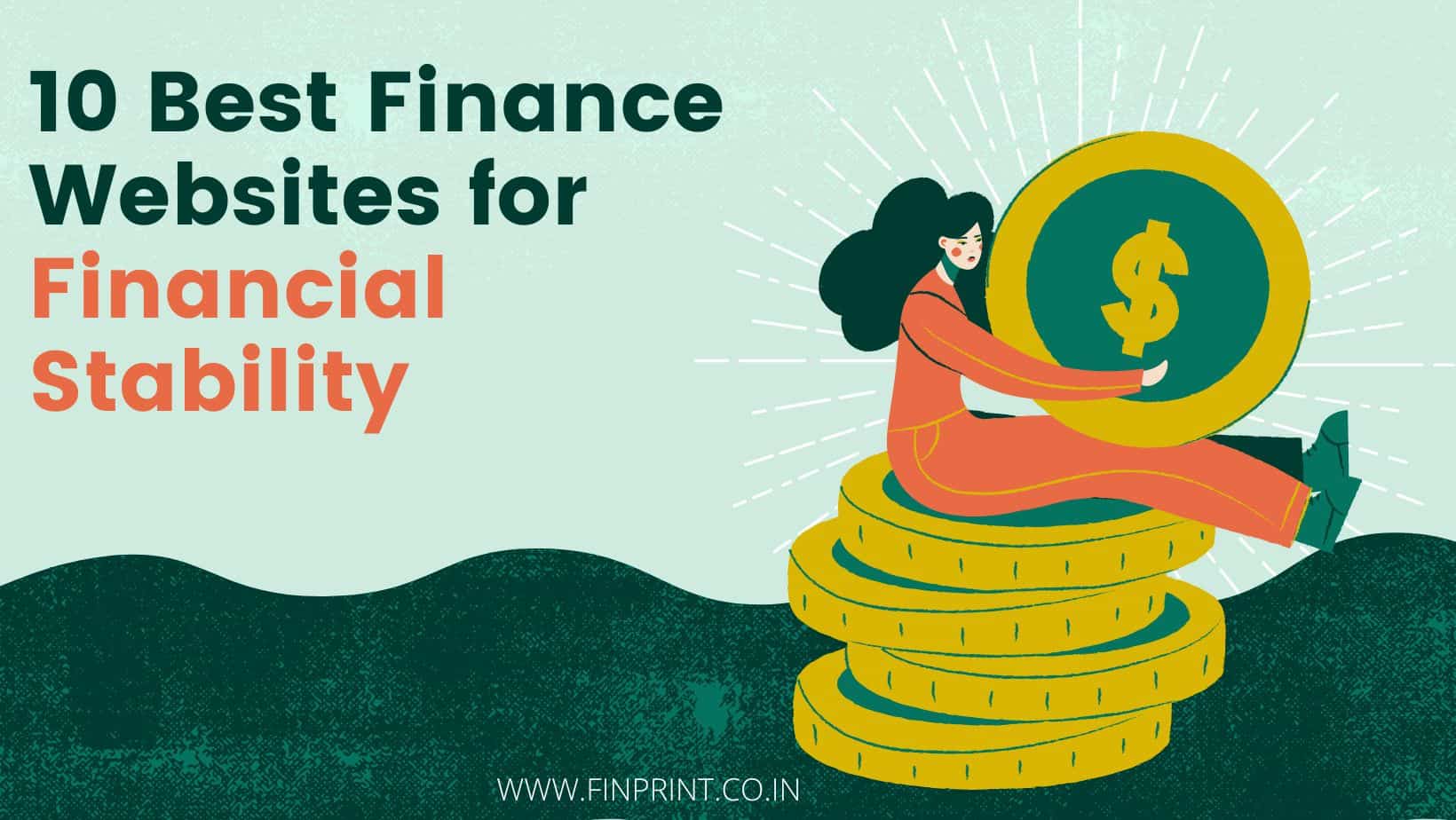
The Impact of Inflation on Your Savings and Investments
Inflation, a term frequently mentioned in financial discussions, refers to the rate at which the general level of prices for goods and services rises, subsequently eroding purchasing power. While a moderate level of inflation is a sign of a growing economy, high or unpredictable inflation can have significant impacts on your savings and investments. Understanding these effects is crucial for effective financial planning and preserving the value of your wealth over time.
Understanding Inflation
Inflation is commonly measured by the Consumer Price Index (CPI) or the Producer Price Index (PPI). The CPI tracks the average change over time in the prices paid by urban consumers for a market basket of consumer goods and services. The PPI measures the average change in selling prices received by domestic producers for their output. Both indices provide insights into how inflation is affecting the economy.
The Erosion of Purchasing Power
The most direct impact of inflation is the erosion of purchasing power. If your money doesn’t grow at the same rate as inflation, you’re essentially losing value. For example, if you have $100 today and the annual inflation rate is 3%, you will need $103 next year to buy the same goods and services. If your savings are not earning at least 3% annually, you’re effectively losing money in real terms.
Impact on Savings
Savings Accounts
Traditional savings accounts are often the first step in personal finance. However, they typically offer low interest rates, often below the rate of inflation. This means that the money in a savings account loses value over time if the interest earned is less than the inflation rate. For instance, if your savings account offers a 1% interest rate while inflation is at 2%, your real return is -1%.
Certificates of Deposit (CDs)
Certificates of Deposit (CDs) generally offer higher interest rates than regular savings accounts, but they still may not keep pace with inflation. While they provide a guaranteed return, the fixed rate over a set period can be a disadvantage in a rising inflation environment. If inflation spikes, the purchasing power of the interest earned on a CD can diminish significantly.
Impact on Investments
Stocks :-
Stocks have historically provided a good hedge against inflation. Companies can often pass increased costs on to consumers, helping revenues and profits grow at a pace that matches or exceeds inflation. However, this is not always the case, especially if inflation is accompanied by economic stagnation (stagflation). In such scenarios, company earnings may suffer, and stock prices can become volatile.
Bonds :-
Bonds are particularly vulnerable to inflation. Fixed-rate bonds pay a set amount of interest, which becomes less valuable as inflation rises. Inflation erodes the purchasing power of the bond’s interest payments and the principal repayment at maturity. Inflation-protected securities like Treasury Inflation-Protected Securities (TIPS) are designed to combat this by adjusting the principal based on inflation, thereby preserving the investor’s purchasing power.
Real Estate:-
Real estate is often considered a good investment during inflationary periods. Property values and rental income tend to rise with inflation, providing a hedge against the eroding value of money. However, the benefits can vary based on location, property type, and market conditions. Additionally, the cost of borrowing to finance real estate purchases can increase with inflation, potentially offsetting some of the gains.
Commodities :-
Commodities, such as gold, silver, and oil, often perform well during periods of high inflation. As the prices of goods and services increase, the value of commodities generally rises. Gold, in particular, is often viewed as a safe haven during inflationary times. However, investing in commodities can be risky due to their price volatility and the complexity of the markets.
Strategies to Mitigate Inflation’s Impact
To safeguard your savings and investments against inflation, consider the following strategies:
- Diversification: Spread your investments across different asset classes, such as stocks, bonds, real estate, and commodities. Diversification can help manage risk and take advantage of different inflation-resistant investments.
- Invest in Equities: Stocks have historically outpaced inflation over the long term. Consider investing in companies with strong pricing power and the ability to maintain profit margins during inflationary periods.
- Consider Inflation-Protected Securities: TIPS and other inflation-linked bonds can help protect your fixed-income investments from inflation.
- Real Estate Investments: Real estate can offer a good hedge against inflation, especially if you invest in properties that can generate rental income.
- Commodities: Allocate a portion of your portfolio to commodities like gold and silver, which tend to retain value during inflationary periods.
- Stay Informed: Keep abreast of economic indicators and central bank policies that influence inflation. This can help you make informed decisions and adjust your investment strategy as needed.
The Role of Central Banks
Central banks, such as the Federal Reserve in the United States, play a crucial role in managing inflation. They use tools like interest rates and monetary policy to control inflation and maintain economic stability. For instance, to combat high inflation, central banks may raise interest rates, making borrowing more expensive and slowing down economic activity. Conversely, to stimulate a sluggish economy, they may lower interest rates, encouraging borrowing and spending.
Conclusion
Inflation is an unavoidable aspect of economic life, but its impact on your savings and investments can be managed with careful planning and informed decision-making. By understanding how inflation affects different types of investments and employing strategies to mitigate its impact, you can protect your financial future. Diversification, investing in equities, considering inflation-protected securities, real estate investments, and commodities are all effective ways to hedge against inflation. Staying informed about economic conditions and central bank policies further empowers you to make proactive adjustments to your financial strategy. Remember, the key to navigating inflation successfully is to maintain a well-balanced and adaptable investment portfolio.


















